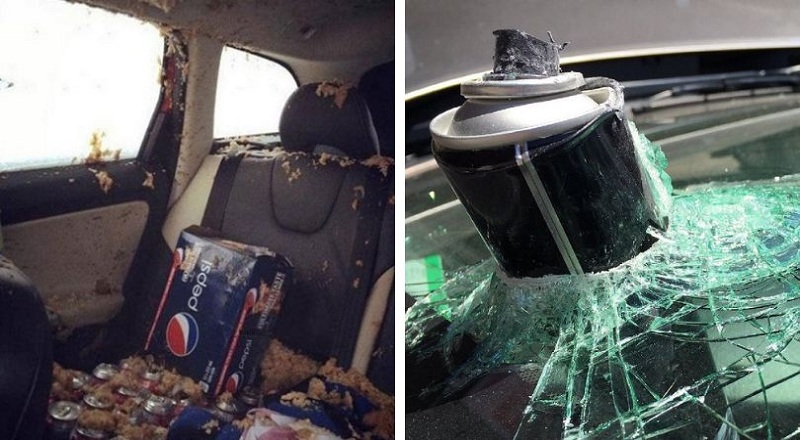When it’s cold outside in the winter, it can be tempting to hurry back home to the warmth and put off unloading the car. But while you’re warming up inside, any groceries or other items left in your cold car could be ruined or cause damage to the car’s interior.
These are some of the worst things to leave in your car when it’s very cold.
Canned & Bottled Soda
Since most soda is water, it’s just as dangerous as a frozen bottle of water. Still, a can or bottle of soda can stay cold for a little longer than water because the sugar in it lowers the point at which it freezes. Be careful, though, because if the container breaks or leaks, it will make a bigger and stickier mess.
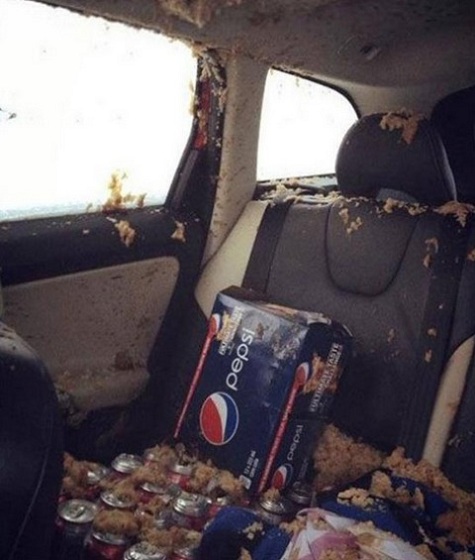
Medicines & Drugs
When they freeze, many prescription drugs and over-the-counter medicines lose their ability to work. Make sure not to leave medicines in a cold car, especially insulin or other liquid-based drugs like eye drops or cough syrup.

Aerosol Cans
People tend to think that aerosol cans are pretty hard to break, but these handy containers for hairspray, spray paint, antiperspirant, lubricants, and other household items are all marked with the best temperatures for storing them. Aerosol cans should be kept between 45 and 65 degrees Fahrenheit. If they get too cold, they can crack or even explode, which could damage the inside of your car or even break its windows.
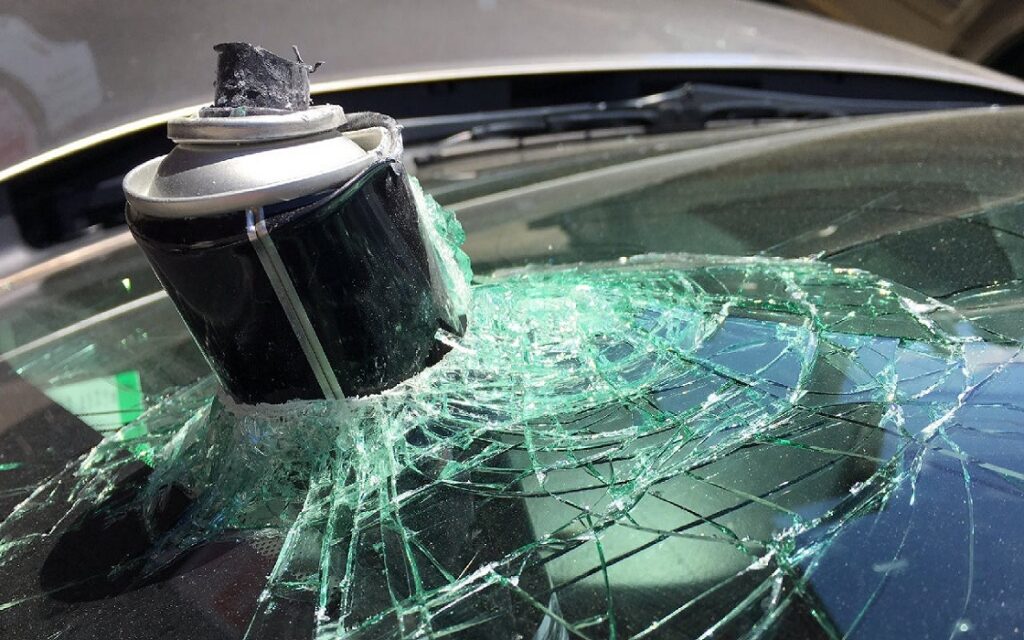
Beer and Wine
You may have heard that beer and wine won’t freeze because they have alcohol in them. That’s not quite right. Even though it takes longer, wine at 23 degrees and beer at around 21 degrees Fahrenheit will freeze in the end. Once that happens, those bottles will be just as likely as any other to crack and break.
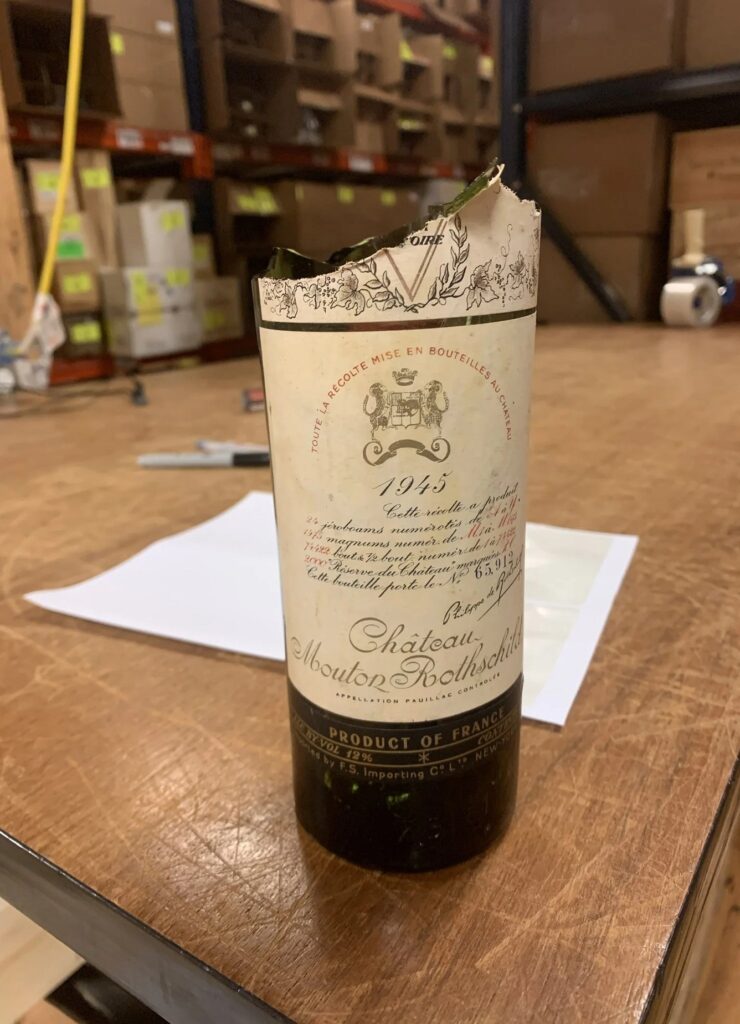
Bottled Water
When the temperature drops to 32 degrees Fahrenheit, a standard 16.9-ounce bottle of water can freeze in as little as 30 to 45 minutes, and it can freeze even faster at lower temperatures. As the water freezes, it expands, which can crack the plastic bottle and make a mess that you’ll have to clean up when it melts.
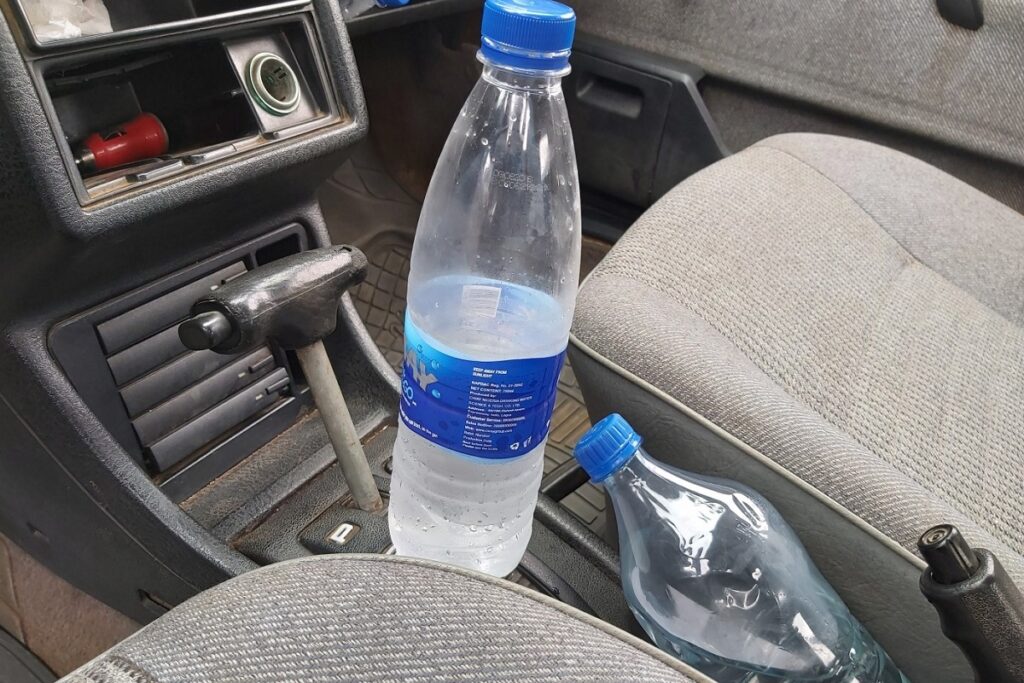
Computers & cell phones
People breaking into your car to steal your electronics is bad enough, but the cold can be almost as bad. That’s because many of the electronics we use today have lithium-ion batteries, which aren’t made to work in cold weather. Repeatedly freezing and thawing the unit can cause condensation inside, which can shorten its life and could make your warranty invalid.
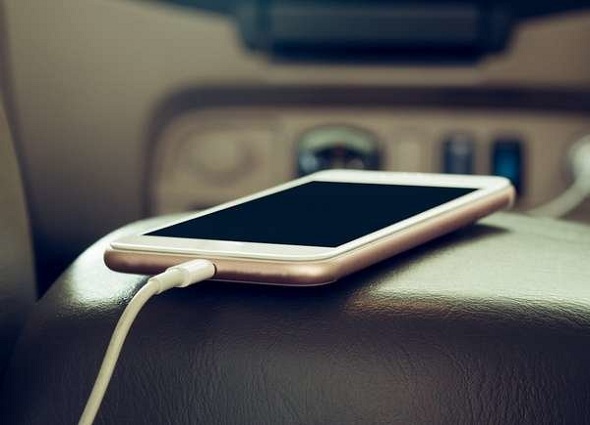
Household Cleansers
Many cleaning products, like glass cleaners, dish soaps, and multisurface cleaners, contain a lot of water. This means that freezing temperatures can cause these liquids to expand and crack their containers. Other household cleaners, like laundry detergent and floor cleaners, have surfactants and polymers that can separate or clump when exposed to cold, making them less effective or even useless.

Paint
Do not store water-based or latex paints in temperatures below freezing, as doing so can cause the paint’s ingredients to freeze, expand, separate, and clump, rendering the paint practically useless for future decorating projects.
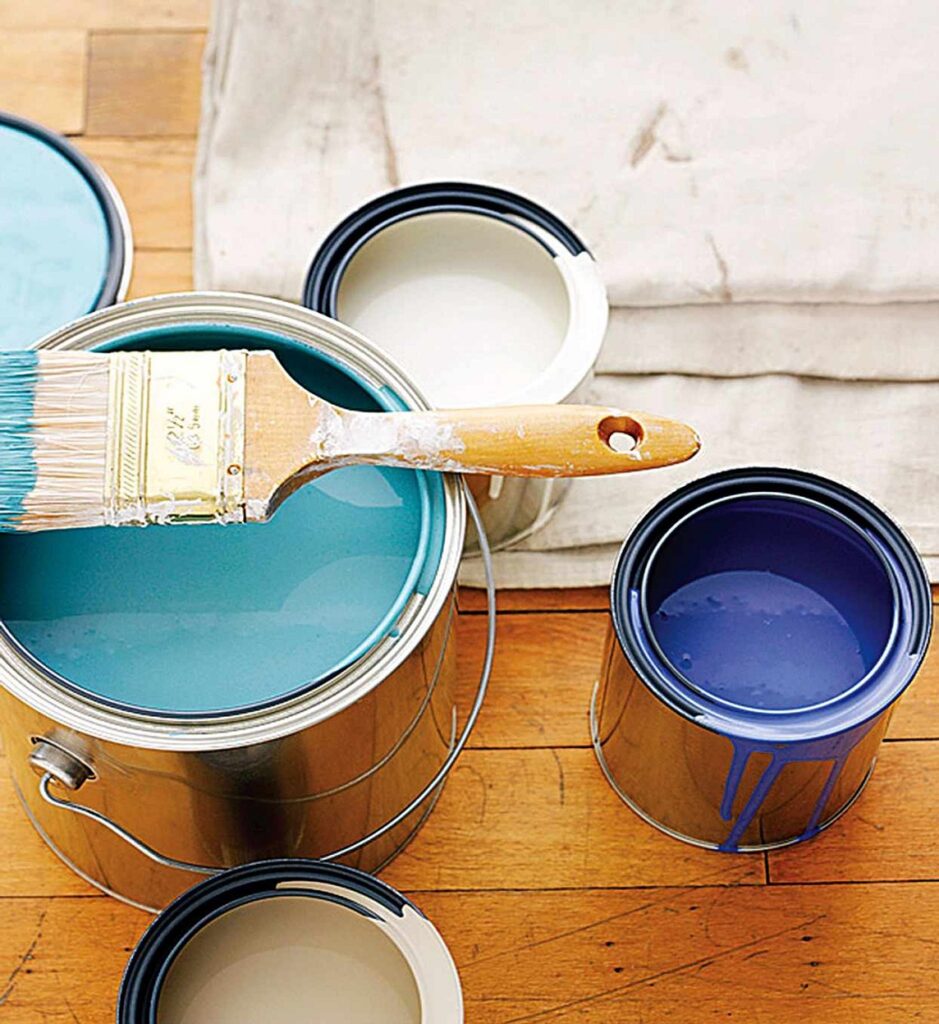
Canned Goods
Almost all canned vegetables and fruits are packed in water, so carrying around a can of corn is just as dangerous as carrying a bottle of water. Even if the can is still whole, the seals could break, which would let bacteria into the can and make the food bad. If you’re not sure, throw it out!
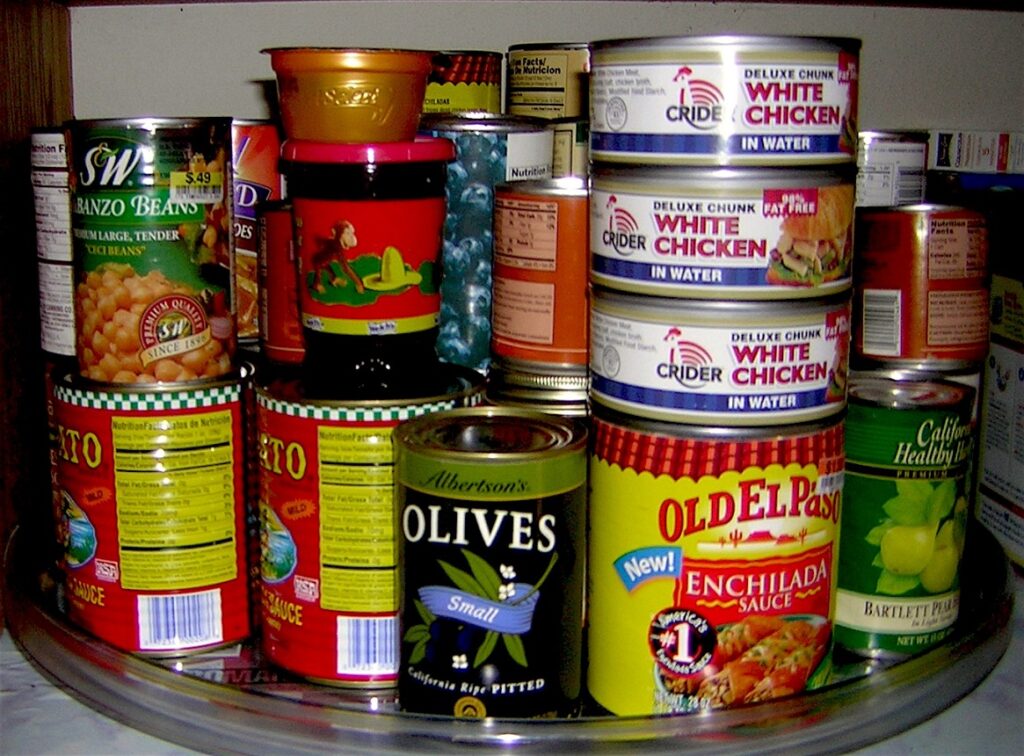
Eggs
Mother Nature made eggshells so that bacteria can’t get inside and hurt the precious cargo. When eggs freeze, the shells often break. This lets germs into the egg, which makes it go bad. Even if the shells don’t look cracked, frozen eggs won’t look or taste the same because the yolks get thick and don’t mix well with other ingredients.
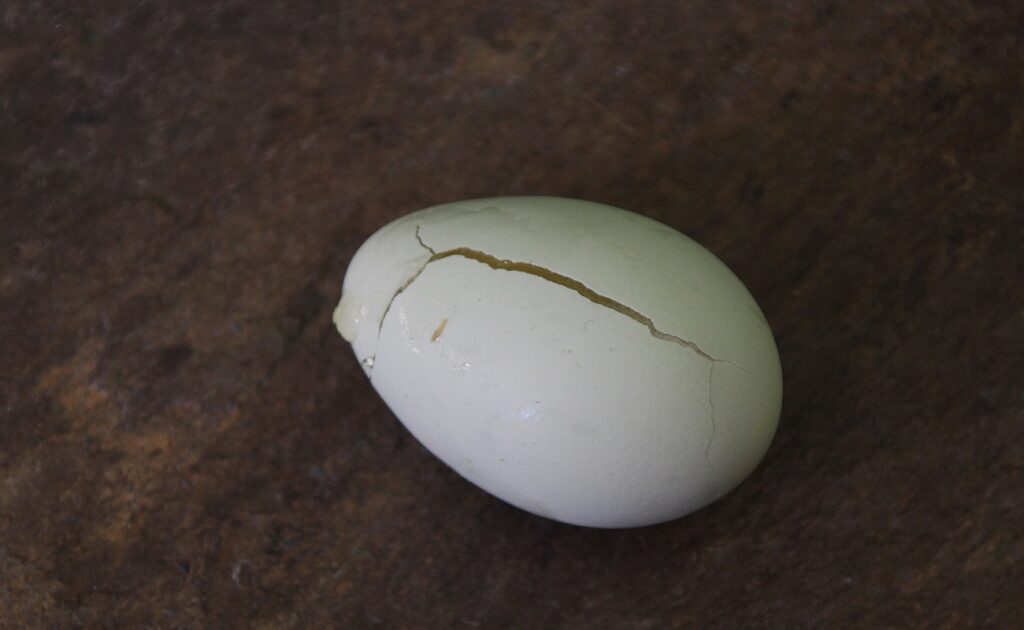
Eyeglasses & Sunglasses
If you just spent a lot of money on prescription lenses or stylish sunglasses, you should never leave them in a cold car. The frames and lenses can crack and warp when exposed to freezing temperatures, not to mention the risk of theft! Extreme cold can also break the frames of glasses and shorten the life of any coatings that protect the lenses.
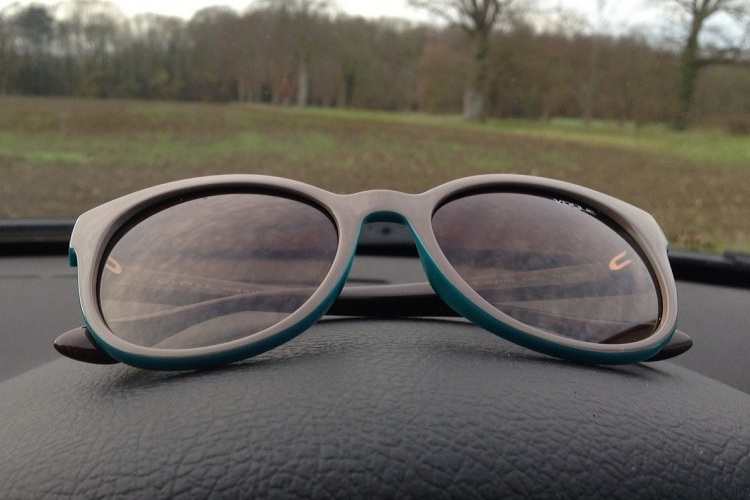
A Low (or Empty) Gas Tank
When a winter storm is coming, do your parents always tell you to fill up the car? They were right, though. The fuel lines in your car won’t freeze if your gas tank is more than half full in the winter. You may also want to keep an eye on the tire pressure, since a temperature drop of 10 degrees can cause the air in your tires to drop by 10%. And while you’re looking at the fluids, make sure the antifreeze and window washer fluids are full.
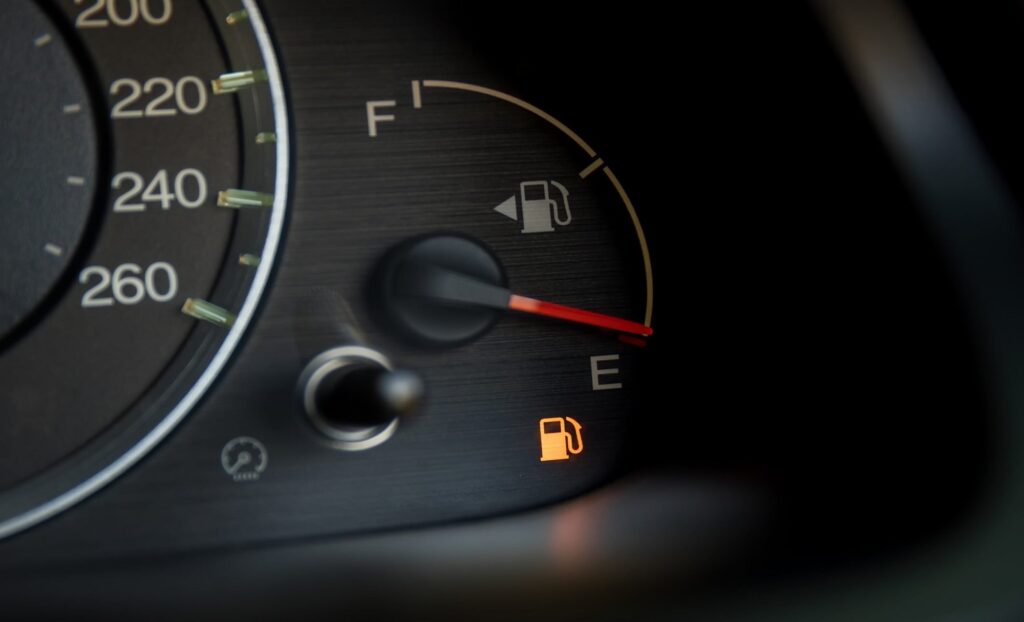
Pets
No one thinks it’s a good idea to leave a pet in a closed car in the summer, when temperatures can rise quickly to dangerous or even deadly levels. Cold weather can be just as dangerous for our furry friends, since it doesn’t take long for the temperature inside a parked car to drop to the same level as the outside air.
Pets can die quickly from hypothermia, collapsing or even going into a coma. Signs of danger include shivering, lethargy, pale or gray gums, stumbling or lack of coordination, fixed and dilated pupils, and slow heart and breathing rates.

People we love who are very young (or very old)
Babies, young children, and older people should never be left in a cold car. This should be obvious. The Centers for Disease Control say that children and the elderly are more likely to get hypothermia, which can cause symptoms like confusion, excessive shivering, exhaustion, irregular heartbeat, and even coma. Bring your family inside with you.
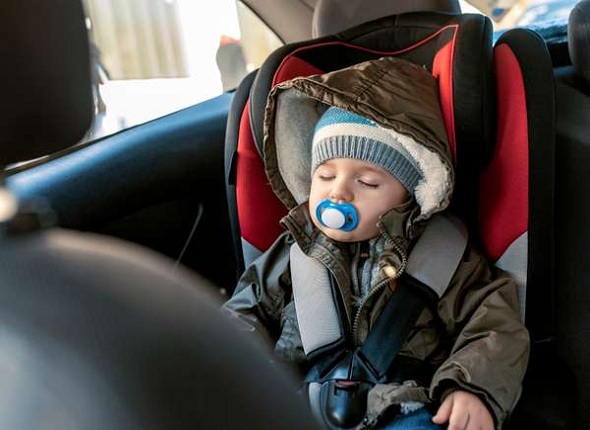
Musical Instruments
Cold weather can do a lot of damage to guitars and other musical instruments made of wood. The wood can warp, split, or crack, and the strings can tighten or break. Once cold weather has broken an instrument, it can be expensive and sometimes even impossible to fix.


